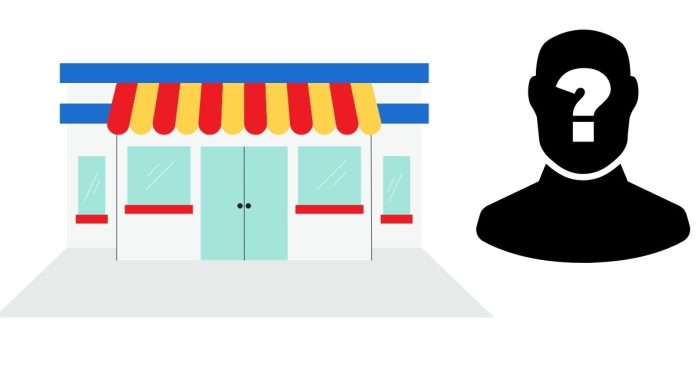Costco Wholesale Corporation, commonly known as Costco, is one of the largest retail chains in the world, renowned for its membership-based warehouse clubs offering bulk goods at discounted prices. Since its founding in 1976, Costco has grown into a multibillion-dollar company. While it is a publicly traded corporation, its ownership structure involves shareholders, with no single individual or entity owning the company outright.
Public Ownership of Costco
Costco is a publicly traded company listed on the NASDAQ stock exchange under the ticker symbol COST. This means that its ownership is distributed among the many investors who own shares in the company.
- Key Shareholders:
- Institutional Investors:
A significant portion of Costco’s shares is owned by institutional investors, such as mutual funds, pension funds, and investment firms. These entities purchase large quantities of stock on behalf of their clients or members. - Individual Investors:
Smaller, individual shareholders also own Costco stock. Anyone can become an owner of Costco by purchasing its publicly traded shares.
- Institutional Investors:
Major Shareholders
As of the most recent reports, Costco’s major shareholders include institutional investors like:
- The Vanguard Group: One of the largest asset management companies globally, it often holds a substantial percentage of shares in major corporations.
- BlackRock, Inc.: Another leading investment firm, BlackRock frequently invests in blue-chip companies like Costco.
- State Street Corporation: A prominent institutional investor with significant holdings in Costco.
These entities collectively own a large percentage of Costco’s outstanding shares, influencing its corporate decisions through voting rights.
Founders and Leadership Influence
While no single individual owns Costco, its founders and leadership have played critical roles in shaping the company’s success.
- James Sinegal and Jeffrey Brotman:
- James Sinegal, Costco’s co-founder and former CEO, helped build the company into a retail powerhouse through his focus on efficiency and customer satisfaction. Although retired, his legacy remains central to the company’s operations.
- Jeffrey Brotman, the other co-founder, was instrumental in establishing Costco’s business model and expanding its global reach.
- Craig Jelinek:
- Costco’s current CEO, W. Craig Jelinek, has been with the company since 1984 and continues to uphold its member-focused philosophy.
How Ownership Impacts Costco
Since Costco is publicly owned, the company’s performance, policies, and management decisions are accountable to its shareholders. The board of directors, elected by shareholders, governs the company and ensures its long-term profitability and growth.
Shareholders benefit from Costco’s success through:
- Stock Price Appreciation: As Costco’s business grows, its stock value increases.
- Dividends: Costco pays dividends to shareholders, sharing a portion of its profits.
Costco is owned by its shareholders, including institutional investors, individual stockholders, and anyone who purchases shares in the company. Its founders and current leadership have laid the foundation for its global success, but the ownership is widely distributed among public investors. This structure ensures that Costco operates transparently and remains focused on delivering value to both its customers and its shareholders.


